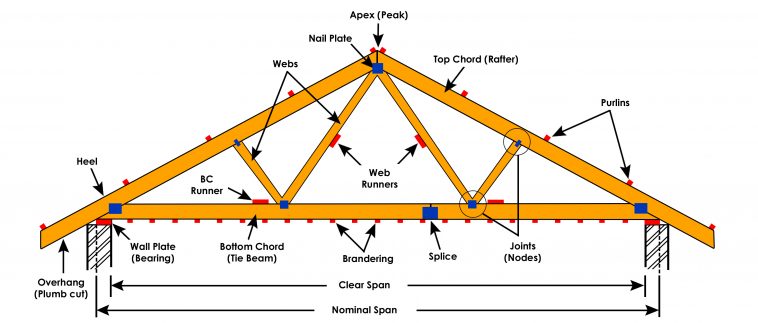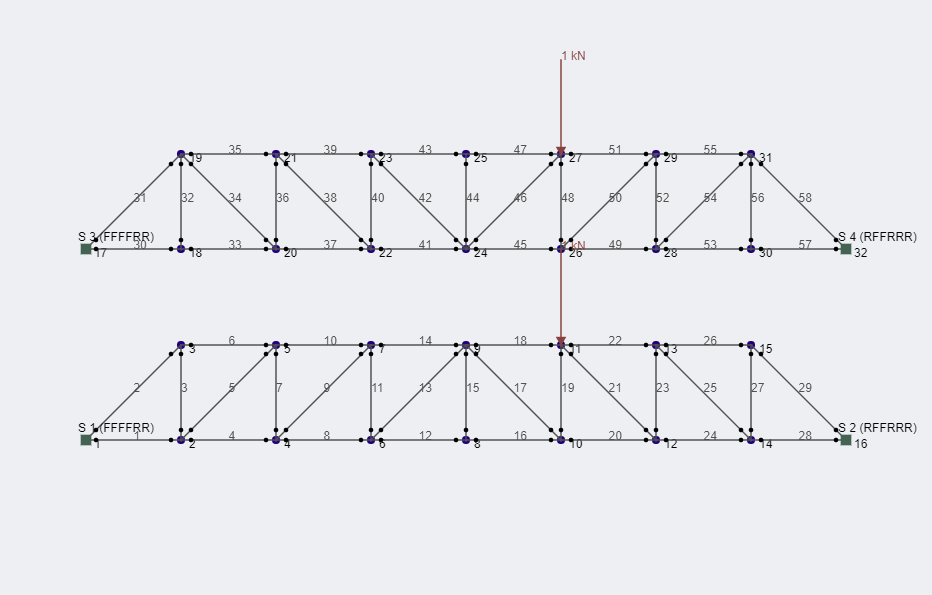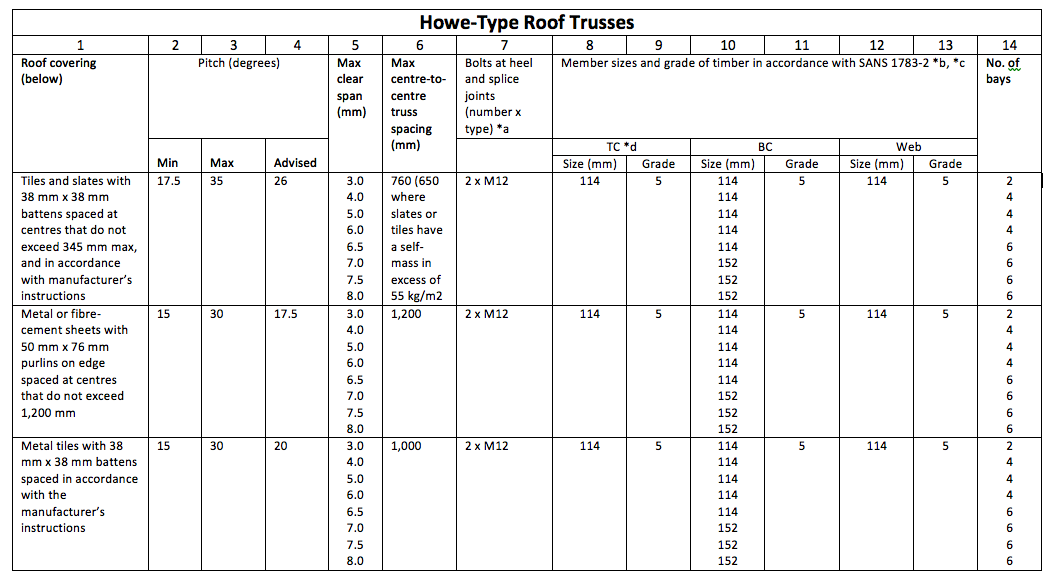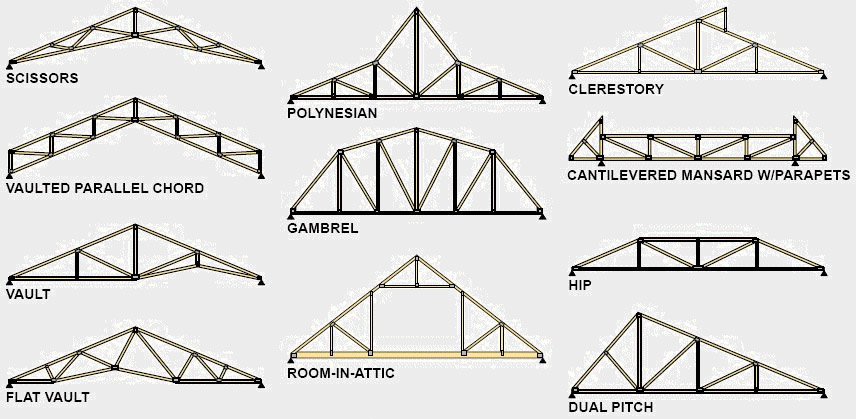Howe Roof Truss Pros And Cons

A very small price to pay.
Howe roof truss pros and cons. Once the trusses have been placed and the roof installed you cannot change or remove them making renovations more difficult. The only real disadvantage of roof trusses is that the homeowner ends up with less usable space in the attic area. The raised heel roof truss reduces condensation problems since the truss creates a vapor barrier and is commonly seen in humid climates where mold is a common issue. This method allows for greater energy efficiency.
They also do not allow for any extra storage space. Sometimes they are too big for a truck. Timber roof trusses are very durable and can be treated against rot and termite damage. Once the trusses are assembled they can get a little too big.
Know what they are their differences and pros and cons updated on apr 30 2020 if you re constructing a new home or building an addition to your existing house one of the biggest decisions you will have to make is how the roof will be supported. Raised heel roof truss. The pitched or common truss and the parallel chord or flat truss. Truss roof cons because they take more materials to create building truss roofs can be more expensive than stick framed structures.
They aren t as durable as steel but are much more readily available. The availability of wood materials and the cost is a factor in most uses of this type of truss. Transportation itself raises a major drawback. Two basic types of roof truss designs are used in home building.
In such cases specially designed truss trailers have to be used to haul the structures around.














































